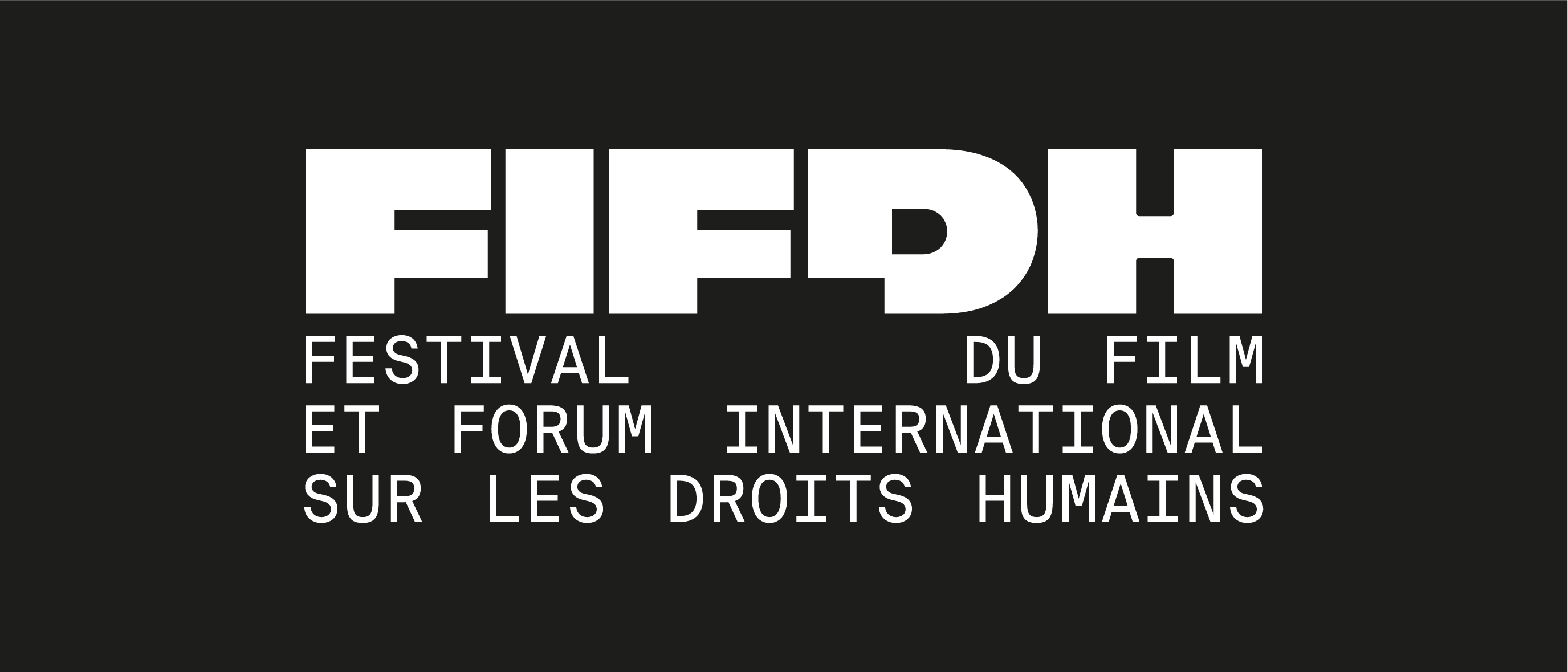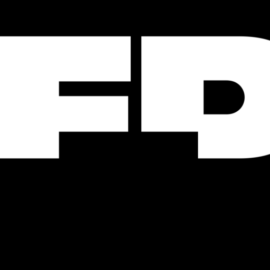
“Truth is what Putin fears most. That is why he systematically suppresses it.”
“Truth is what Putin fears most. That is why he systematically suppresses it,” Russian filmmaker in exile Askold Kurov told me when I recently spoke with him as The G|O partners with the Geneva International Film Festival and Forum on Human Rights, which opens tomorrow.
It is impossible to miss the tragic irony of the moment: as Askold Kurov, the Russian-in-exile co-director of Of Caravan and the Dogs, appears on Zoom, I am watching, live, long lines of Alexei Navalny supporters dropping flowers on his coffin, braving the police presence and running the risk of being arrested—as many were that day. He, too, has been following the day’s event. Kurov speaks to me from Turkey, where he now lives, having decided to leave Russia after he and his partner became worried about what they perceived as the growing homophobia in the country since the war on Ukraine started.

I meant to talk to Kurov about his film, which will be shown on Saturday (March 9) at the FIFDH and had led to the scheduling of our chat the day before. That got pushed. Discussion of Navalny’s funeral imposed itself, with images of the cemetery where he was laid to rest coming out of Moscow as we spoke.
“His death is a personal tragedy,” Kurov tells me. “I remember going to Navalny’s first meetings in Moscow in 2011, when he was denouncing election fraud and corruption in Russia. ‘That’s someone I’d be proud to have as Russian president,’ I remember thinking at the time. You could still see him on Russian television, back then. Now, dissent has all but disappeared in Russia.” He shares with me how moved he was by the brief video posted by Navalny’s widow Yulia Navalnaya a few hours earlier, on social media platform X, showing the family together.
Лёша, спасибо тебе за 26 лет абсолютного счастья. Да, даже за три последних года счастья. За любовь, за то, что всегда поддерживал, за то, что смешил даже из тюрьмы, за то что ты обо мне всегда думал.
— Yulia Navalnaya (@yulia_navalnaya) March 1, 2024
Я не знаю, как жить без тебя, но я постараюсь так, чтобы ты там, наверху,… pic.twitter.com/ybF31AuD47
Kurov is naturally soft-spoken. His impeccably twisted mustache gives him an air of timelessness, but this Russian exile lives firmly, acutely, in the present: Over the course of our conversation, it becomes clear that when intensely considering his answers to my questions, a sense of deep sorrow and loss are now part of his new identity, forced on him by tragic and brutal events he never thought he would have to experience. He admits still being off balance: “My interest was always to show Russian reality, focusing on social conflicts and human rights in my country. That’s why I became a filmmaker, and now, as a result of the war, I have been forcefully separated from my own environment, from my people.” But hasn’t living in Turkey provided him with a new experience, inspired him? “So far, no. I haven’t processed the entire experience of living in exile yet, I haven’t found a story to tell.”
How does he describe what he felt when the war started on the morning of February 24, 2022? “This is a difficult question,” Kurov tells me after a short pause. “A sense of utter catastrophe, of course, having so many friends in Ukraine and seeing their messages that Kyiv was being attacked. But the most difficult thing is that you have nothing to compare such a life-changing event with. It was almost eerie, like watching a blockbuster Hollywood film of an alien invasion, but realizing it was actually happening. That was, without any doubt, the hardest thing that has ever happened in my life.”
Of Caravan and the Dogs, whose title is taken from 2021 Nobel Peace Prize co-winner Dmitry Muratov’s Oslo acceptance speech—Muratov will also be present at the Festival—focuses on the closing of the independent newspaper Novaya Gazeta and on the banning by the Russian state of the NGO ‘Memorial,’ branded as a “foreign agent”—a vague, trumped-up accusation the Kremlin has repeatedly used in its crackdown on civil society. Memorial was awarded the Nobel Peace Prize in 2022. The film starts before the war, with signs of an invasion, however, already perceptible in 2021: “In [the] heads of some crazy geopoliticians, a war between Russia and Ukraine is not something impossible any longer,” Muratov told his Norwegian audience when receiving his prize that year.
“We were clearly getting the sense that the regime was preparing the country well ahead of the invasion,” Kurov remembers. But his initial project was to document how the “foreign agent” law was used by Russian authorities across the country to shut down all kinds of NGOs, organizations and associations. The war changed everything.
Of Caravan and the Dogs—the dogs in Muratov’s Oslo speech being journalists who keep speaking truth to power—follows the anguished discussions between Novaya Gazeta’s staff as they grapple, after the war has begun, on how to cover the conflict without accepting Kremlin censorship. It eventually proved impossible, prompting Muratov, a man highly conversant with the Kremlin’s way since before Vladimir Putin—the paper was founded under Mikhail Gorbachev—to shut it down. “I am impressed that Muratov and his team went on for so many days given the risks involved, from heavy fines to jail time,” Kurov tells me, admiring the newsroom’s courage and reminding me that since its founding in 1993, Novaya Gazeta has seen six of its reporters killed in suspicious circumstances, the most famous being Anna Politkovskaya. Kurov filmed, produced and edited Of Caravan and the Dogs with a team named as “Anonymous 1, 2 and 3” in the credits, as they have chosen to remain in Russia. “I understand their choice,” Kurov tells me; “for some, leaving Russia is unthinkable, and I completely understand that.” Novaya Gazeta is still being published, but from Riga, without Muratov.
What does Kurov think is the message of his documentary? “That truth matters, and that truth is what the current regime and Putin fear most. That is why they systemically try to suppress it.” I ask him what he thinks the impact of a documentary like his and those of his fellow directors can have: “Documentaries can change people’s minds, help them interrogate their own engagement, push them to act. This, I believe, is extremely important.”
In 1922, Soviet Russia expelled philosophers, intellectuals, and artists from the country by steamers. People, Trotsky is quoted as saying, that the regime “had not enough grounds to kill, but no room to tolerate.” This episode of Soviet history is referred to as the “Philosophers’ ships.”
“When we started filming, our idea was to release our film on ‘foreign agents’ on the 100th anniversary of the event,” Kurov tells me. “None of these people came back. I hope I won’t suffer the same fate.”
-PHM
Askold Kurov will be present for a post-screening debate of his film at the Festival at 3 p.m Saturday, March 9, alongside 2021 Nobel Peace Prize co-winner Dmitry Muratov and UN Special Rapporteur on the situation of human rights in the Russian Federation, Mariana Katzarova.

